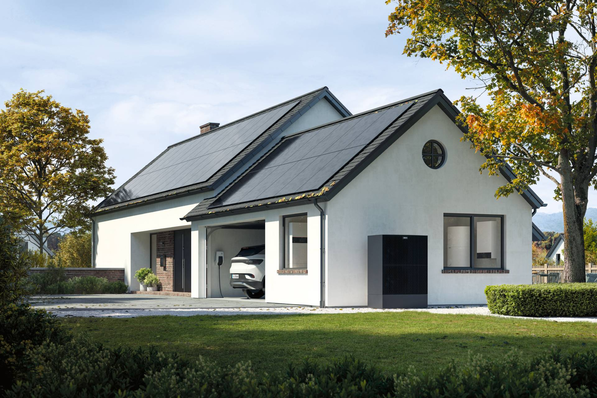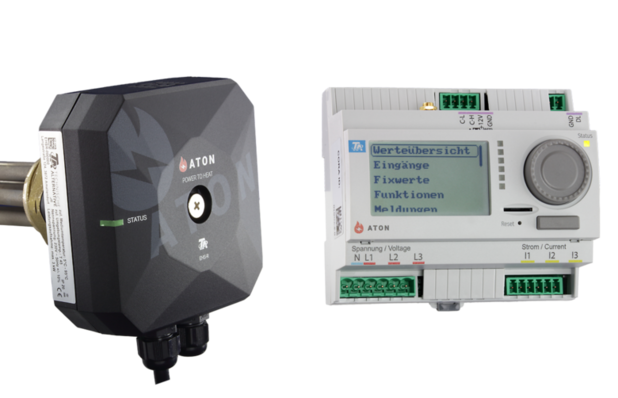More and more people worldwide are using the Internet. Data and applications are increasingly being moved to the cloud. This raises the challenge for data centre operators to guarantee operation at all times through a secure and environmentally friendly power supply. One of the world's largest IT companies, Microsoft, has developed a new architecture that is now operational: power generation at the level of the rack, based on fuel cells.
In Seattle, just a few kilometers from Microsoft's headquarters, ten fuel cell generators are currently being set up as part of a huge data centre to power servers. The systems, based on the BluegGen micro power plant sold in Europe, are installed above a server rack and generate electricity directly at the rack.
Every rack powered individually
Fuel cells are already being used in various data centres as clean and reliable sources of power, albeit in centralised systems. They are installed in an adjacent building or a container and connected to the servers from there. This requires additional investments in complex distribution systems and also reduces the overall efficiency of the system. In the new architecture developed by Microsoft over the past four years, fuel cells are instead installed directly on the racks. This significantly reduces complexity and the associated investment costs.
The fuel cells developed by SolidPower can be operated continuously throughout the year and generate electricity at great power efficiency. This reduces both operating costs and carbon dioxide emissions. Thanks to the decentralised structure and the existing redundancies in server capacity, diesel generators, which were previously used for the emergency power supply of the data centres, are no longer needed.
Data centres a huge market
The new installation in Seattle is the first of its kind. "The technology will soon be used on a much larger scale in data centres," Alberto Ravagni, CEO of SolidPower, explains. "Here, a specially developed version of our technology is used that builds on the reliability and efficiency of the BlueGen unit."
Modern data centres are comparable to medium-sized cities in terms of their power consumption. If Microsoft continues to rely on this innovative technology in the future, they could save a lot of money compared to the existing systems: Specifically, it involves several hundred million US dollars per year. For SolidPower, the cooperation with Microsoft opens up a new market, as it has so far mostly been commercial companies and private households that are being equipped with fuel cells. (HS)
Stay informed, get our newsletter twice a week.
Register here: http://www.pveurope.eu/Newsletter
Read more on PV in Europe:
http://www.pveurope.eu/News/Solar-Generator/Fuel-cells-Complete-freedom-for-the-customer
http://www.pveurope.eu/Products/Storage/Batteries/HPS-Picea-seasonal-energy-storage-with-a-fuel-cell
http://www.pveurope.eu/News/Energy-Storage/Fuel-Cells-Solar-energy-all-year-long







